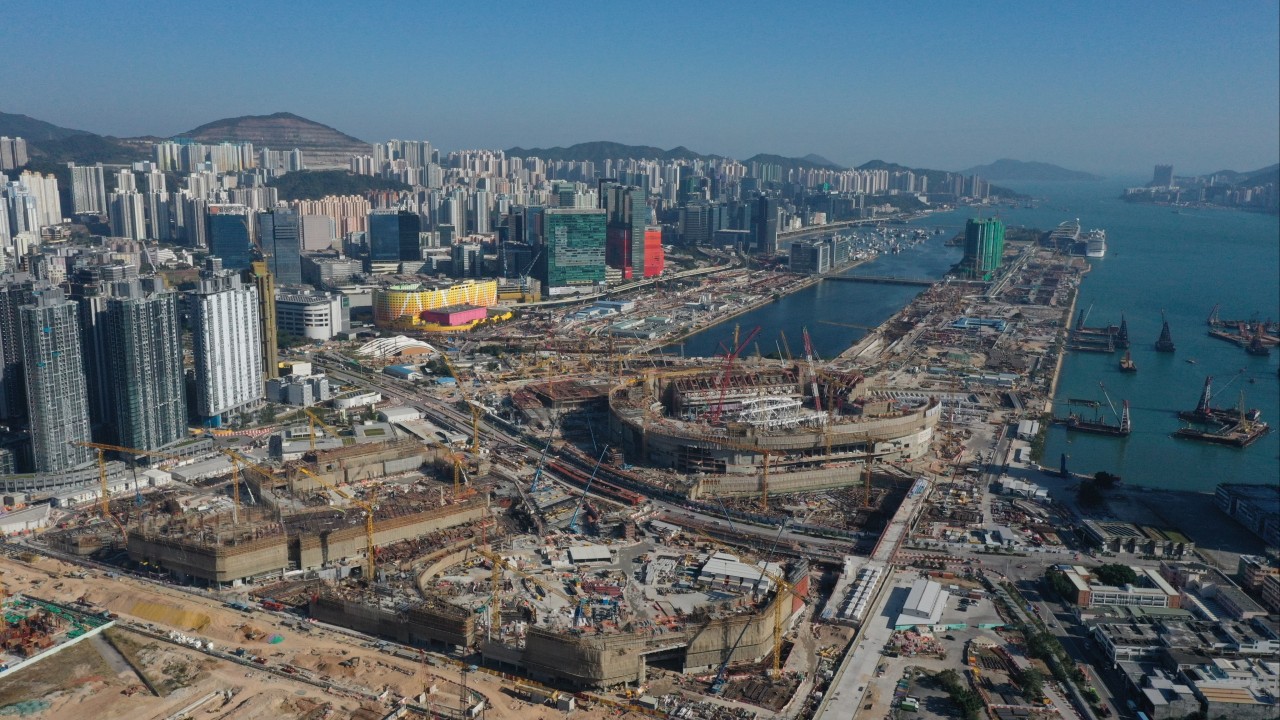
Meanwhile, Sun Hung Kai Properties won the tender for an 11,537 sq m commercial site in Mong Kok for HK$4.73 billion in February.
“The primary contributing factors [to the lack of demand] were the mounting pressures faced by property developers in large-scale projects,” said Dorothy Chow, executive director, Asia, valuation and advisory services at Colliers.
To keep the local currency’s peg to the US dollar, the Hong Kong Monetary Authority has raised interest rates by a cumulative 5.25 percentage points since March 2022, pushing borrowing costs to a 16-year high.
“Furthermore, persistently high mortgage rates coupled with a slower-than-expected economic recovery undoubtedly contributed to the conservative mindset among potential buyers,” said Chow. “We foresee that the downward trend in property prices will continue into next year, which will adversely impact land prices as well.”
Given the many failed tenders, the government is unlikely to meet its land revenue target of HK$85 billion for the financial year that will end in March, Colliers noted. So far, revenue for land sales is just HK$12.1 billion, a mere 14 per cent of the target.
Based on the government’s land sale plan for the financial year, three sites are yet to be released to the market, including two commercial plots in Wan Chai and Admiralty and an industrial parcel in Yuen Long.
A lengthy and complicated process for getting construction plans approved is another drag on demand, according to Hannah Jeong, head of valuation and advisory services, Hong Kong, Colliers.
“In a market environment characterised by declining property prices and land values, the government should aim to reduce development costs by optimising approval and construction procedures,” said Jeong.
“This includes shortening the wait times between land sale periods and obtaining occupation permits, streamlining building plans, relaxing basement parking requirements and only requiring the provision of welfare facilities on suitable privately developed sites.”

